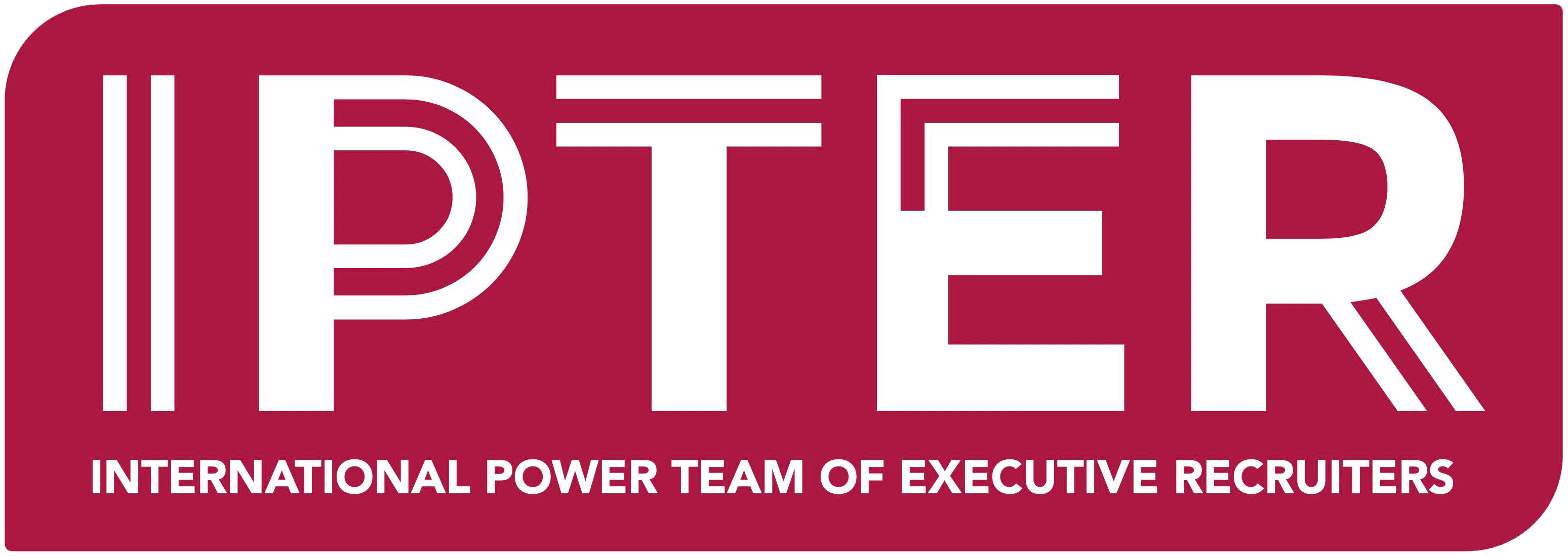Being respectful is the foundation of a successful recruiting relationship.
Superior recruiters are worth their weight in gold and can be your best friends if you’re trying to find a new position. They can pair you with employers and roles perfectly suited to your skills, interests, and values.
Recruiters often have developed deep ties to their communities and are very well connected with local hiring managers. In addition, they can often find positions that are not advertised and speed up the hiring process.
In so many ways, a recruiter can be the bridge between you and your dream role.
The key is RESPECT.
Respect is a two-way street. If you want it, you have to give it. And while some recruiters don’t respect their candidates, those that do, find that fostering a respectful relationship with the candidate allows for open dialogue and a perfect match in employment opportunities.
If you are currently working with a recruiter or planning to, reviewing the following 8 steps will ensure a successful and respectful relationship with your Recruiter.
1. Being Unprofessional
Yes, the Recruiter is not the hiring manager, but that doesn’t mean that you shouldn’t prepare to have an interview and present yourself as you would to the hiring manager.
It doesn’t exactly inspire confidence that you will be prepared when interviewing with the hiring manager when you show up unprepared for the Recruiter.
And remember.
You don’t get a second chance to make a great first impression.
Brett Good, a senior district president for Robert Half, says, “Be punctual for the call or interview, dress appropriately, and be prepared to talk about your skills and experience.”
2. Embellishing the truth
No one likes to be lied to.
Trying to embellish or hide your employment, experience, and skills will only lead to distrust, and it’s still a small world. Word gets around.
When working with a recruiter, it’s vital to be open and forthright; even if a position is a little out of reach from a skills perspective, let your Recruiter know.
In some cases, the Recruiter has the “selling power” to get you an opportunity to interview. So, the last thing you want is for your Recruiter to misrepresent your skill sets incorrectly and subject you to an uncomfortable interview.
Being honest also applies to when you want to stay on with your current employer but want to use job offers as leverage. Often this never works out and could potentially damage your relationship with your current employer, Recruiter and the company that made you the offer.
Accepting a counteroffer will more than likely damage your relationship with your current employer.
Think about it-you’ve just told them you were leaving and are now only staying because they offered you more money. They might start questioning your loyalty and whether you’ll resign the second you receive a better offer.
3. Bringing up compensation in your first conversation
Would you enter a job interview and immediately talk about salary?
Probably not. So, show some restraint with your Recruiter.
The good news is that compensation almost always comes up after you have shared a bit about yourself and the Recruiter has shared the various opportunities available.
Plus, they are on commission which means they will negotiate the best package for you.
4. Being inaccessible
It’s frustrating to wait for an answer, isn’t it?
It’s no different when a recruiter can’t reach you to schedule an interview or to deliver an offer. This can have adverse effects, including your chances of landing the role or being considered for future opportunities.
Make sure to tell your Recruiter your preferred method of communication—phone, email, text—and stick with it and check it periodically, so you don’t miss any updates.
You aren’t doing yourself or the Recruiter any favours if you are slow to respond.
Equally important is to keep the lines of communication open even after you’re hired.
When a recruiter helps you land a role and checks in to see how things are going-be, responsive and let them know if things are going well or not, they want to hear it.
5. Going over the recruiters’ heads
A common mistake with job seekers is that they contact the employer directly even when they are working now with a recruiter.
If you’re working with a recruiter for a specific role, don’t apply to that position in other ways (mail, online, in-person) unless your Recruiter directs you to.
Otherwise, you’ll create confusion, make the Recruiter look wrong and leave a bad impression on the employer. Let the Recruiter do what they do best-finding you the perfect role and negotiating on your behalf!
6. Constantly getting in touch
Recruiters are busy people and often work with many potential candidates, trying to fill several positions for multiple clients simultaneously.
The reality is that they might take some time to get back to you.
It’s more than OK to politely follow up with them if you haven’t heard back in a few days or when they said they would call with the news. However, multiple daily calls and emails are too much, and you risk alienating the person who could help with your career.
7. Ignoring feedback
Your Recruiter has a lot of insight and experience regarding resumes and interview techniques. Try not to take it personally if they give you (hopefully) constructive feedback.
Instead, take it as a learning opportunity and realize they have your best interests at heart.
Having thin skin or taking offence to a recruiter’s advice will not help you in the long run.
Remember that your Recruiter has knowledge of the inner workings of the company, and any feedback given should be welcomed.
8. Get on their good side
Any successful relationship depends on honesty, trust, and mutual respect. Working with a recruiter is no different!
If you are working on a problematic hire or are planning your recruitment strategy, we would love to chat!


